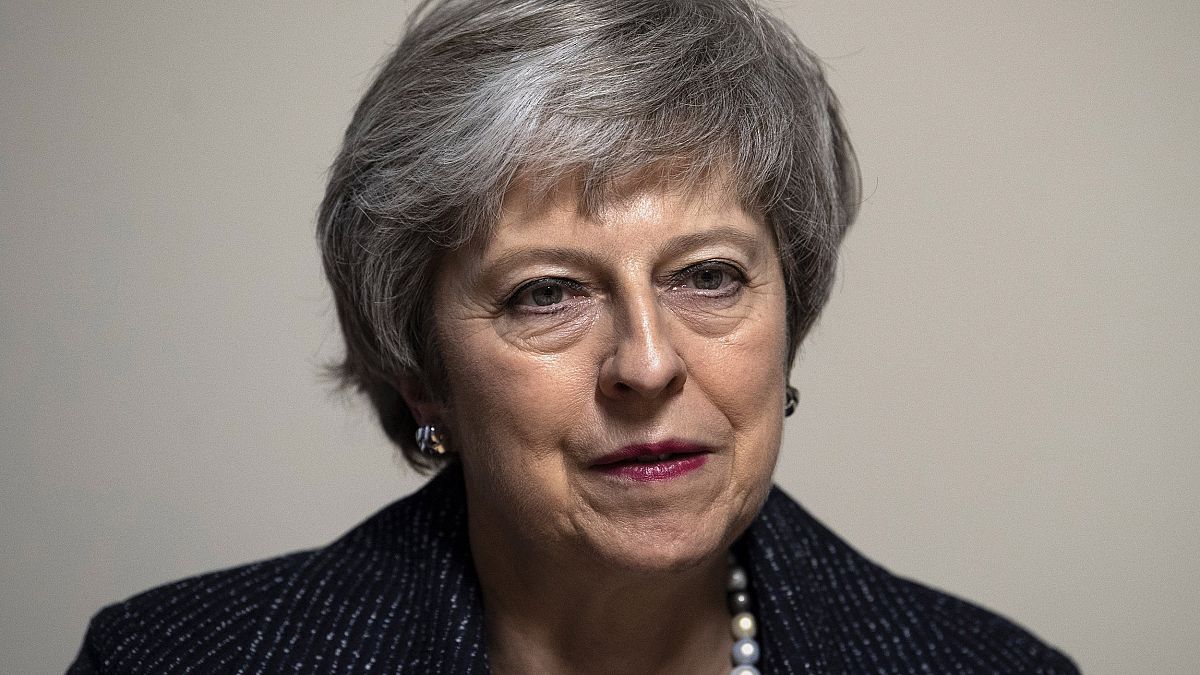The British leader would be toppled if 158 of her party's 315 lawmakers don't support her in a ballot scheduled for later Wednesday.
LONDON — Lawmakers from British Prime Minister Theresa May party's will vote on whether to remove her from power Wednesday.
The vote of no-confidence in her leadership comes amid the widening chaos over the manner of the U.K.'s exit from the European Union. If May loses, she will have to step down as prime minister.
Wednesday's vote was triggered when at least 48 Conservative lawmakers wrote letters asking for one.
News
She would be toppled if 158 of her party's 315 lawmakers don't support her in a ballot set to take place after 1 p.m. ET on Wednesday.
But if she wins, she can't be challenged again for a year.
The attempt to oust her came as lawmakers tried to decide what the relationship between the U.K. and the E.U. will look like after Britain leaves the 28-member bloc on March 29.
The prime minister has negotiated her own deal with the E.U. but most British lawmakers hate it.
Lawmakers who are hardline Brexit supporters in her own party have accused May of selling out to the E.U. in negotiations.
A vote on May's agreement scheduled for Tuesday was pulled because she was certain to be defeated with as many as 100 of her party's 315 lawmakers openly opposing her plan.
Chief among the concerns in parliament is what Brexit means for the border between Northern Ireland, which is part of the U.K., and the Irish Republic, which is a separate country and will remain part of the E.U.
Until a 1998 peace deal, the border was a front line in abloody 30-year conflict known as "The Troubles." Today it is all but invisible, and some fear that the reinstatement of a physical boundary would rekindle tensions and even spill over into violence.
Supporters of Brexit say May's deal fails to deliver on the clean break with the bloc that they want.
Pro-Brexit lawmakers Jacob Rees-Mogg and Steve Baker said in a joint statement that "in the national interest, she must go."
But Cabinet colleagues rallied to May's support. Home Secretary Sajid Javid tweeted that a leadership contest, with Brexit little more than three months away, "will be seen as self-indulgent and wrong."
May took over as leader of the ruling Conservatives — and the country — in July 2016 when David Cameron stepped down in the wake of the Brexit referendum. Cameron had called the vote in an effort to resolve the issue of the U.K.'s relationship with the E.U. — something that has divided the Conservatives for decades.
At the time May pledged to honor the referendum result.
Seeking to consolidate her position, May called an election in June 2017. But instead of strengthening her party's position, the Conservatives lost a slew of seats to the opposition Labour Party.
